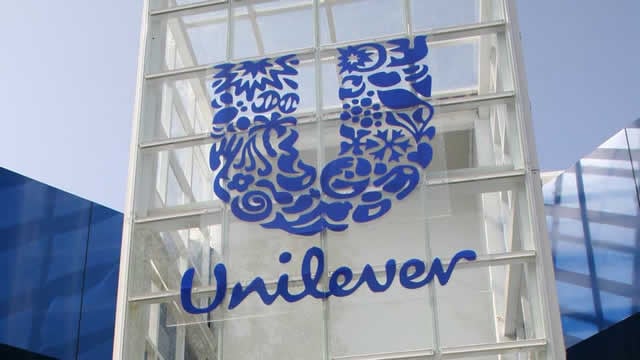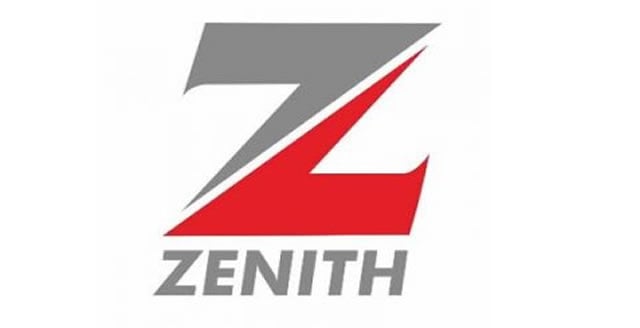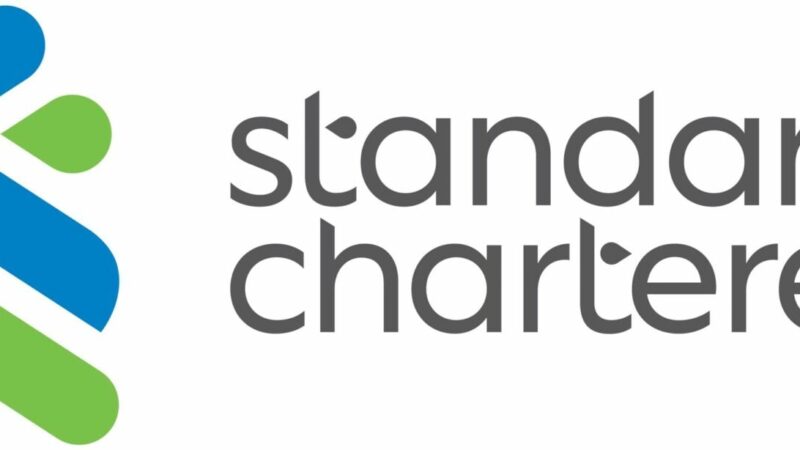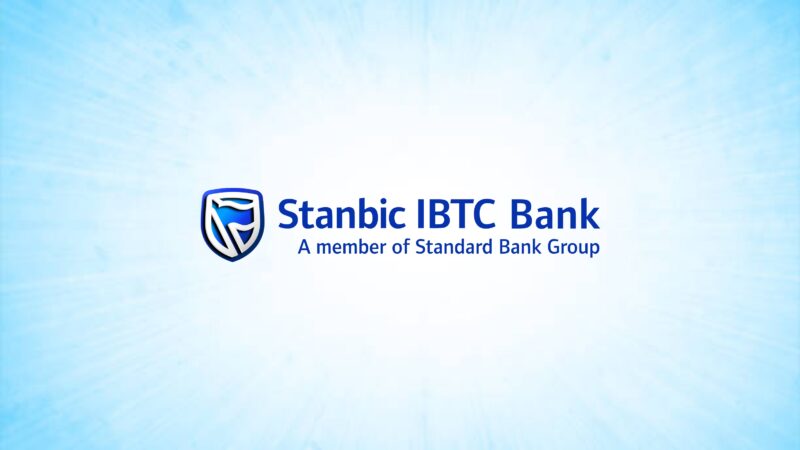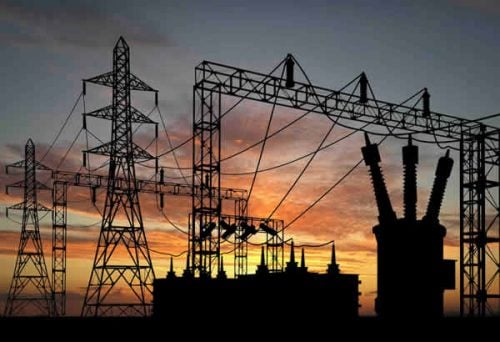Airline operators must comply with all regulations – NAAPE president

This has been a great learning opportunity for me. The journey that started in 2017, by the grace of God, who has carried us on His wings, will soon end. One of the challenges we had to face after my election, which was a very competitive one, was to make amends with those who were aggrieved to ensure that we were once again united on a common cause. That was a challenge, but we were able to navigate it. Apart from that, my election was around the time AMCON had taken control of Aero Contractors and Arik Air. After the demise of Nigerian Airways, Aero used to be a very strong base of NAAPE, and the development really impacted the association negatively. We had to contend with issues of redundancy compensation for members. There was no money, and AMCON was not forthcoming, but to the glory of God, we were able to fight consistently, and now 95 per cent of what our members are owed has been paid. We had serious financial issues in the association because of that. Rent was being owed; salaries needed to be paid from a very lean, shoestring budget. It was a huge challenge, but, to the glory of God, today all that is in the past. Another challenge we had to face was the issue of the wrong perception the industry has about unions. Some would even tell you that unions are responsible for the demise of Aero Contractors, which is a lie. If not for the unions, Aero Contractors and Arik Air would probably not be standing today because of the tremendous advocacy that we tried to do in support of these two entities at all times. Most of the upcoming airlines have a very erroneous perception of unions. They threaten their staff not to join unions. But unfortunately, and regrettably so, they forget that they will need us in the rainy days, and most times you see these members coming back to the secretariat and paying their fees because they need protection. I remember when one of the international airlines had a service provider that insisted that some engineers must not join the union. Eventually, when Emirates stopped coming to Nigeria, they had to lay them off. When those events happened, the workers wanted the protection of the union, and unfortunately, it was a European entity. When we tried to intervene, they told us that the members said they were not members of the union, even when they had given them the opportunity to come with union representatives to be on their panel during appeals. So, you see, some of these things have a way of getting back at the members, and it is unfortunate. I believe every employer that knows he is in for a good deal will not have problems allowing members of staff to associate with unions. These are the kinds of issues we often find ourselves dealing with. So, the trust deficit between some of the social partners and the unions tried to breed an adversarial relationship. We had to smoothen it by gaining trust through collaborative engagements and creative cooperation with our social partners to win their trust and to show that unions are not there to pull down businesses. It was during my tenure that we suffered from COVID-19, which saw the closure of most airports and created a huge challenge for the industry. At some point, we had to deal with the issue of an employer sacking 69 pilots and other employers sacking workers. We had to navigate all of that to protect our members’ rights, and, at the same time, working with the airlines, we advocated for a bailout package because we knew that both parties were feeling the impact. We had to contend with redundancies caused by the pandemic, and many of our members were affected. But the good thing is that the compensation was good. We negotiated and ensured that members got very good packages, and some of them didn’t even want to go back because they got seed money to start businesses of their own. We have also had situations where some airlines, like Dana, became distressed. They shut down, and some of our members could not get their benefits. It is very unfortunate and regrettable. That is why we believe that the Nigerian Civil Aviation Authority should insist that airlines have a robust management structure that protects workers so that they won’t have to be the ones to pay for mismanagement.


